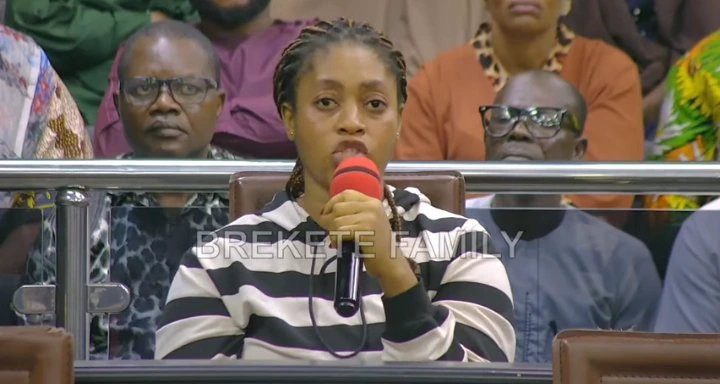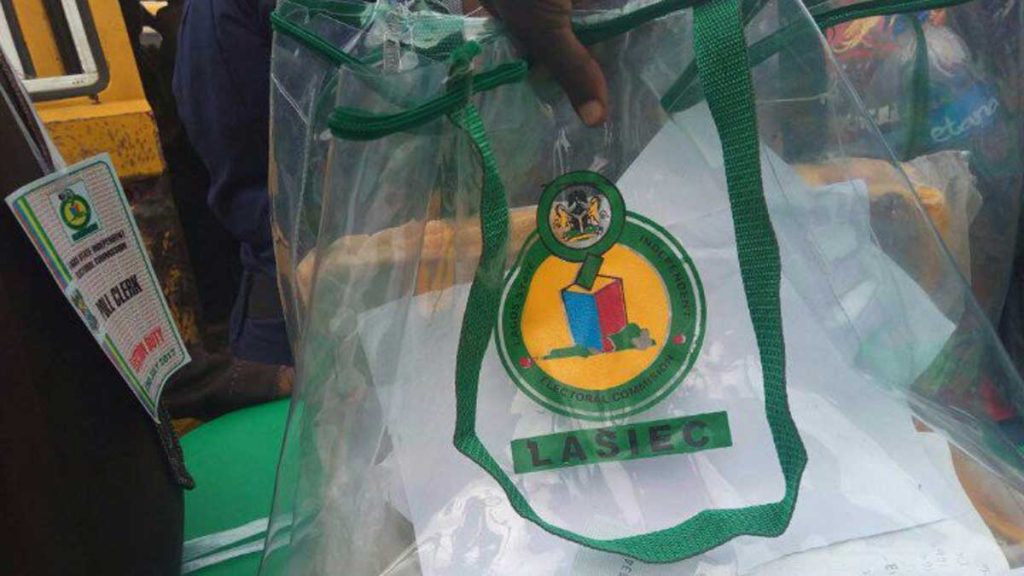Africa
Kenya set to revive controversial tax bill despite deadly protests

In a move that may spark renewed protests, Kenya’s National Treasury and Economic Planning has announced plans to revive the controversial eco-levy tax.
The tax, which aims to curb pollution and waste management, was initially scrapped due to widespread opposition and deadly protests.
Treasury Secretary John Mbadi confirmed that “about 49 measures” are being considered as part of a tax amendment bill.
Unlike the initial proposal, this revised version will exclude sanitary towels.
However, companies remain in the authorities’ sights, with a 10 percent levy on all locally manufactured plastics.
The government also aims to collect more taxes by prolonging the tax amnesty period by six months.
This move is seen as a bid to increase revenue and address the country’s economic challenges.
Opposition leaders have urged the Judiciary to stand firm against what they term as plans to reintroduce the rejected Finance Bill 2024.
The initial bill was scrapped in June following widespread anti-tax protests, which forced President William Ruto to reassess the budget and explore alternative revenue sources.
The revival of the tax plans may lead to renewed unrest, as Kenyans continue to grapple with economic hardships.
The Kenya Tax Protests: A Review of the Causes, Events, and Consequences
In June and July 2024, Kenya witnessed widespread protests against the government’s proposed Finance Bill 2024, which introduced new taxes and increased existing ones.
The protests, led by opposition leaders and civil society groups, resulted in the government withdrawing the bill.
The causes of the protests were multifaceted. Firstly, the Finance Bill 2024 introduced a range of new taxes, including a 10% tax on all locally manufactured plastics, a 2% tax on bank transactions, and a 0.05% tax on mobile money transactions.
These taxes were seen as regressive, disproportionately affecting low-income households and small businesses.
Secondly, the bill increased the Value-Added Tax (VAT) rate from 16% to 18% and the Pay-As-You-Earn (PAYE) tax rate from 30% to 35%.
These increases further exacerbated the economic hardship faced by many Kenyans.
The protests erupted on June 15, 2024, in Nairobi and other major towns, with demonstrators clashing with police.
Opposition leaders, including Raila Odinga, led the protests and called for the bill’s withdrawal. The government responded with force, leading to injuries and arrests.
However, on June 20, 2024, President William Ruto announced the withdrawal of the Finance Bill 2024, citing the need for further consultation with stakeholders.
The consequences of the protests and subsequent bill withdrawal were significant.
Economically, the uncertainty and decline in investor confidence led to a decline in economic growth.
For Diaspora Digital Media Updates click on Whatsapp, or Telegram. For eyewitness accounts/ reports/ articles, write to: citizenreports@diasporadigitalmedia.com. Follow us on X (Fomerly Twitter) or Facebook











